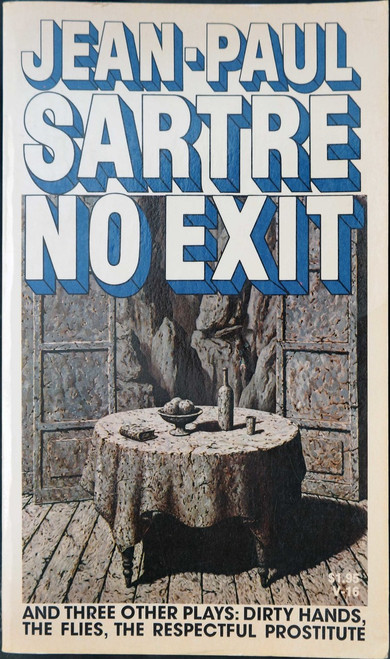Lord of the Flies is a novel by William Golding about a group of British boys stranded on an uninhabited island who try to govern themselves, with disastrous results. The story explores the dark side of human nature and the complex interplay between societal norms and individual freedom as the boys' attempt to establish order quickly descends into chaos and savagery. Through its gripping narrative and profound themes, the novel examines the inherent evil in humanity and the breakdown of civilization in the absence of structured society.
With a Biographical and Critical Note by E.L. Epstein
About the Author
William Golding was an English novelist, playwright, and poet, best known for his 1954 novel "Lord of the Flies." Born on September 19, 1911, in Cornwall, England, he studied natural sciences and English at Brasenose College, Oxford. Before becoming a full-time author, Golding served in the Royal Navy during World War II, an experience that deeply influenced his views on human nature and the capacity for evil. Golding's literary career includes other notable works such as The Inheritors, Pincher Martin, and Rites of Passage, which won the Booker Prize in 1980. His works often explore complex themes involving the duality of mankind and the clash between civilization and barbarism. Golding was awarded the Nobel Prize in Literature in 1983 for his novels which, with the perspicacity of realistic narrative art and the diversity and universality of myth, illuminate the human condition in the world today. He passed away on June 19, 1993.








